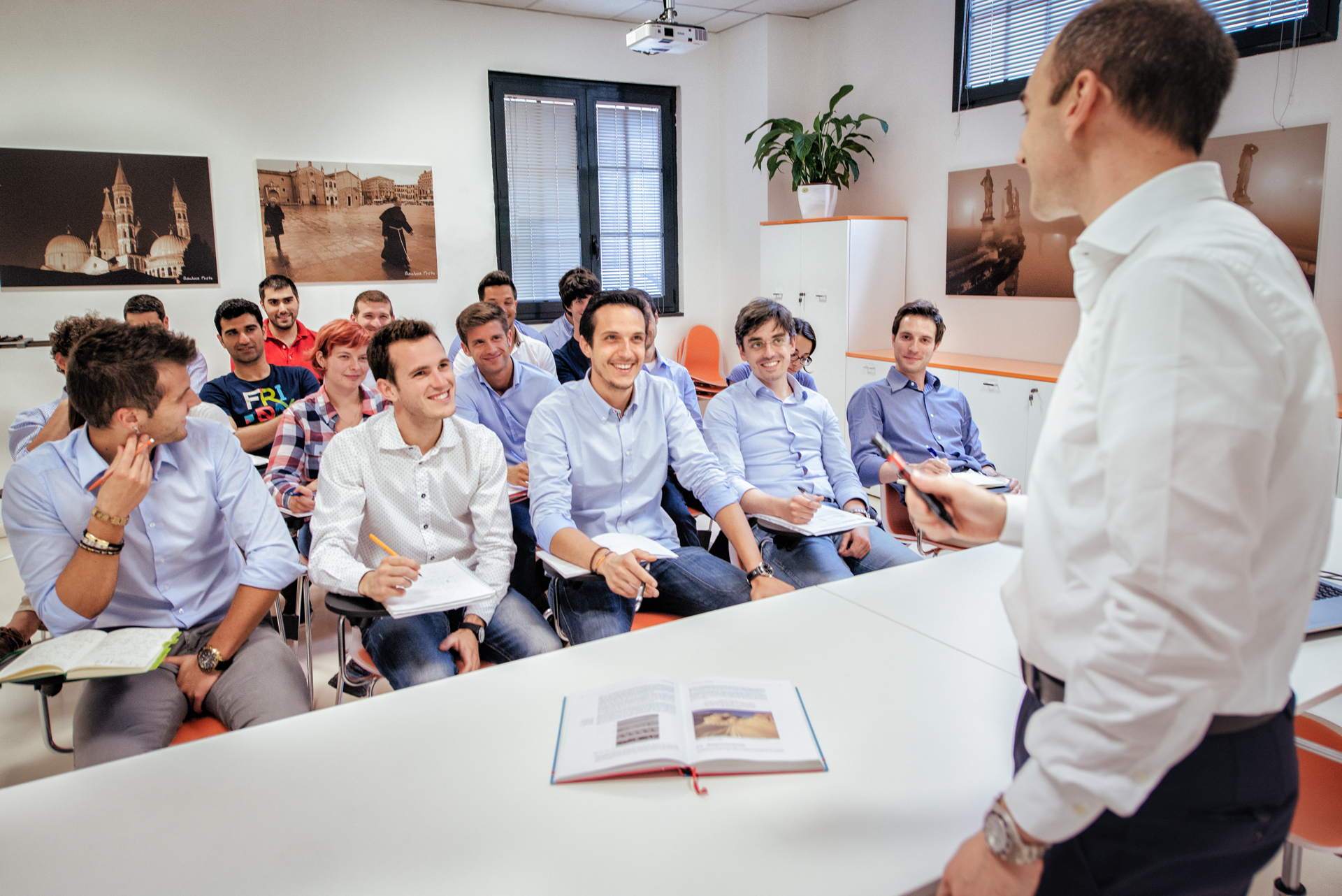
MSc degree
Electrical Energy Engineering deals with the generation, transport, management and use of electrical energy. The second cycle degree in Electrical Energy Engineering is the natural continuation of the Bachelor’s degree in Energy Engineering in the field of electrical energy.
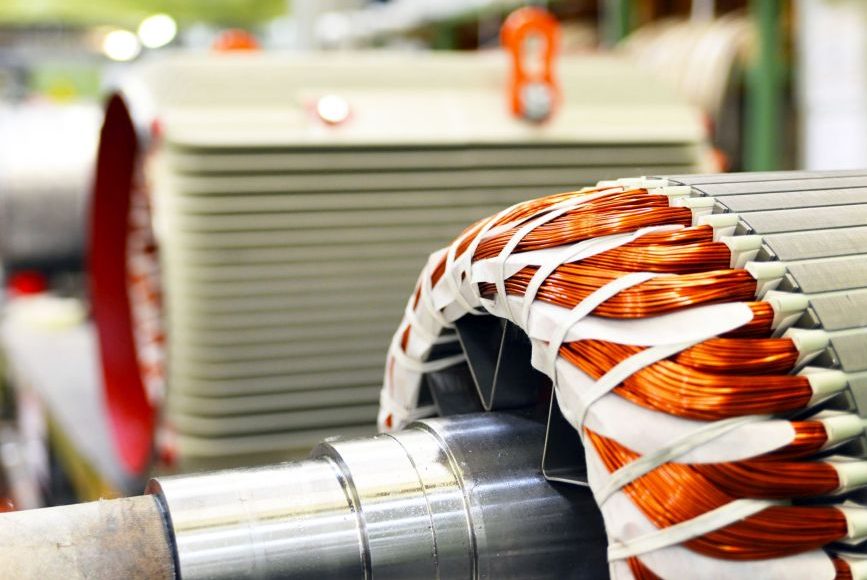
Laboratories
The second cycle degree course in Electrical Energy Engineering has several teaching and research laboratories for testing machines and equipment, including those of considerable power, as well as for the simulation of dynamic systems, the analysis of electrical systems and finite element electromagnetic analysis.
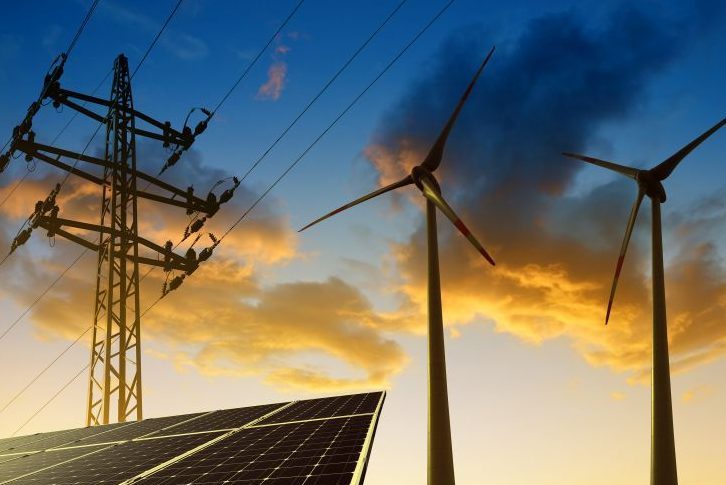
After the degree
The training acquired in this degree course enables effective integration in the productive activities of the territory, in the production, distribution, conversion and use of electrical energy, providing the necessary preparation to promote innovation in companies and research bodies.
COMPETITIVE PROJECTS AND STUDENT INITIATIVES
Competitive student projects are activities in which groups of students, usually coordinated by a tutor, work on the design and construction of engineering devices or machines which they then submit to specific competitions in which they compete with similar devices made by students from other Italian and foreign universities.
LEARN MORESTAGE AND WORK
The University of Padua makes available on the Moodle platform internship proposals for students and job proposals for graduates from companies operating in the sector.
LEARN MORE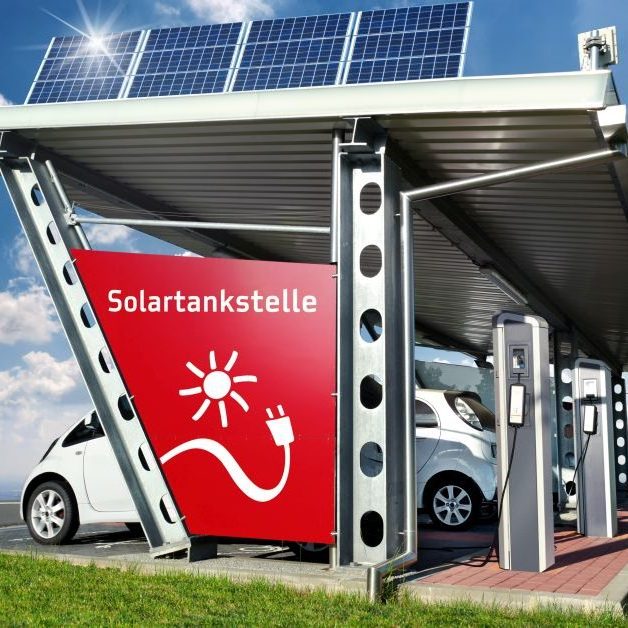
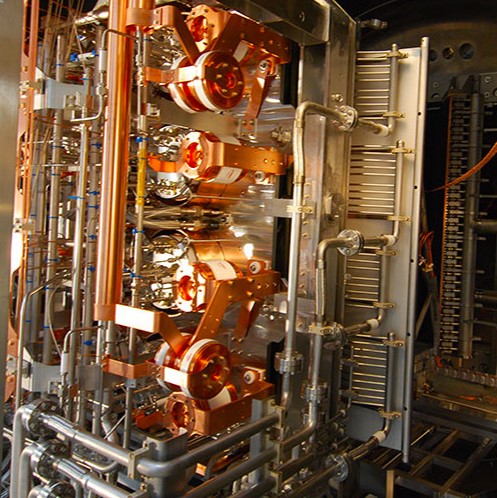
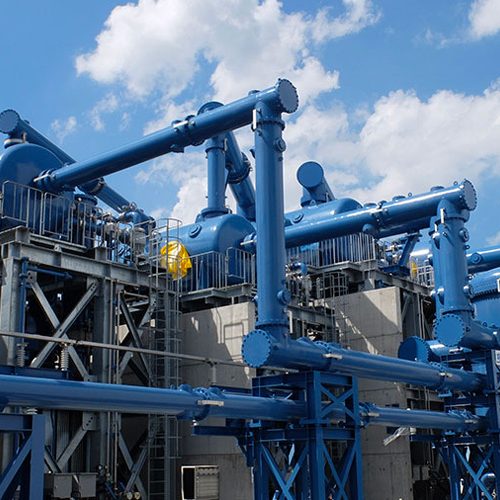
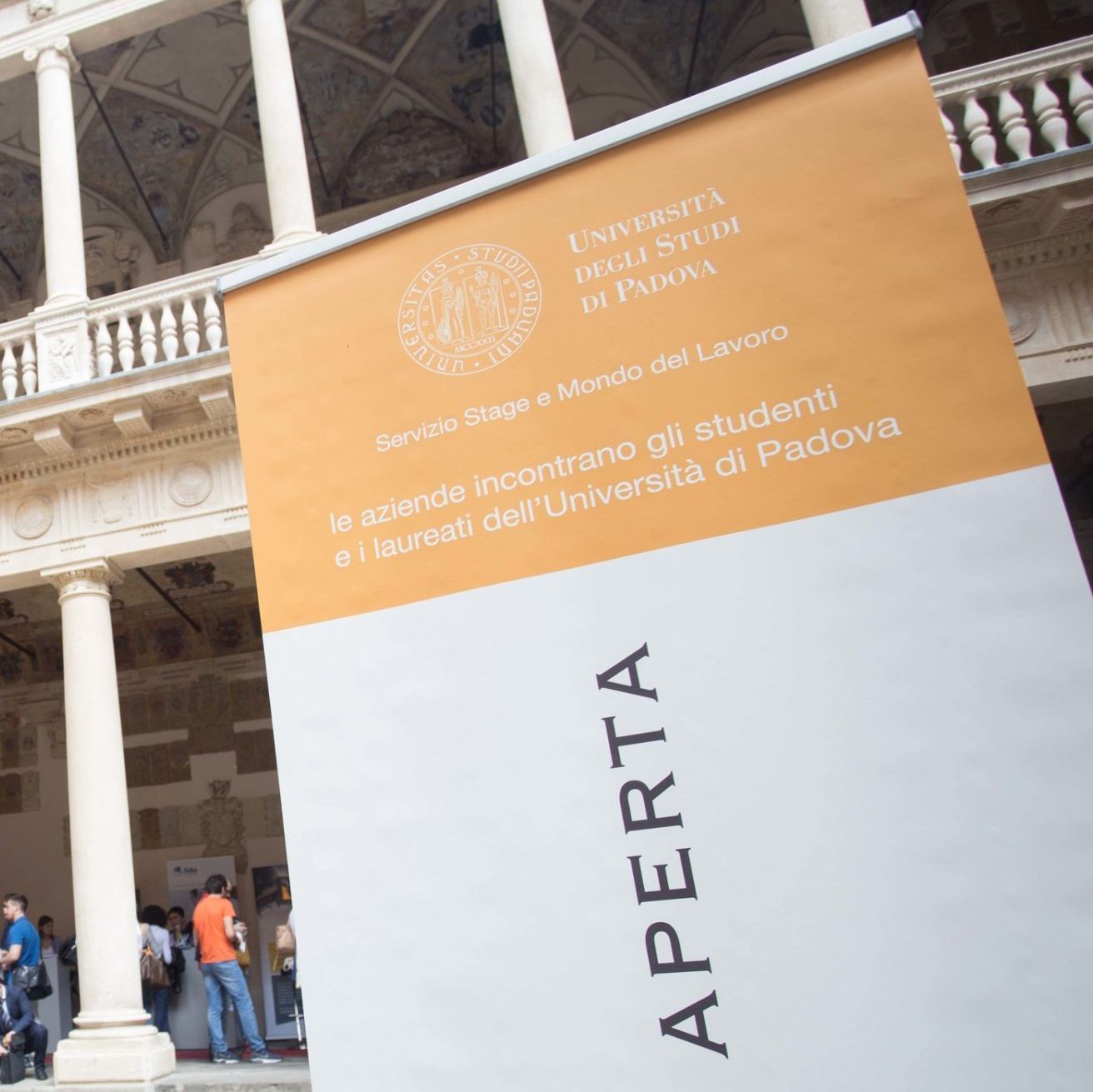
Contacts
Teaching Secretariat: Department of Industrial Engineering Via Venezia, 1 (third floor) – Padova
didattica@dii.unipd.itProf. Paolo Bettini (President)
paolo.bettini@unipd.it
